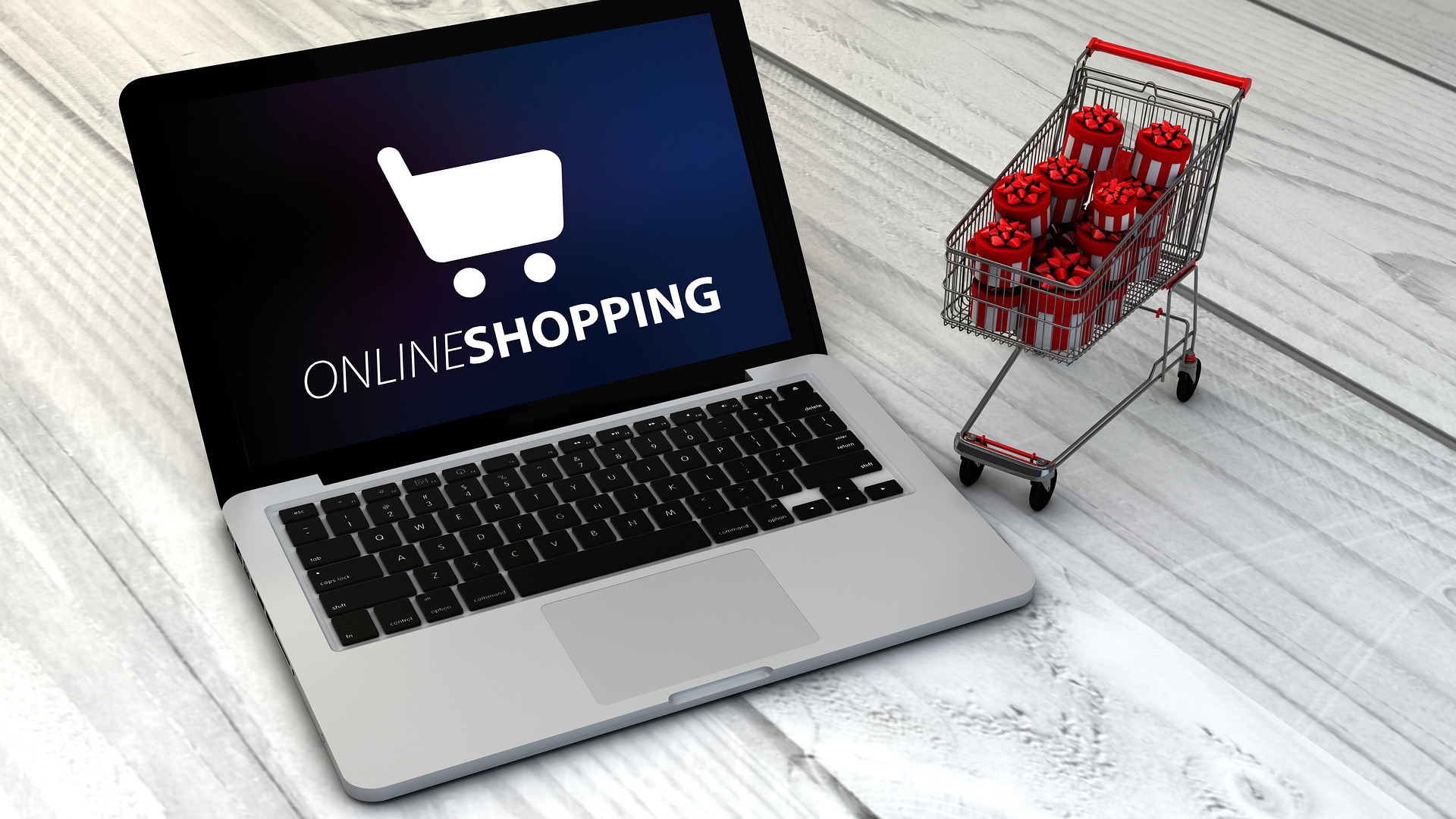We take it for granted, but the shift in our shopping behavior, specifically the move from these transactions taking place in the high street to being via our computers and mobile devices, has been fairly incredible both in terms of its scale and the relatively short time frame it’s occurred.
A few short years ago, some of us may have occasionally conducted online purchases, but the number of us doing so now has skyrocketed. In the US, 76% of the adult population regularly shops online.
It’s not just shopping. A lot of us now work remotely and deal with all our tasks online, and others might conduct more personal matters via a monitor or TV screen, such as with online therapy or even their personal physicians from the comfort of their own homes. The usage became even more marked during the two years of lockdown during the coronavirus pandemic.
The ease with which people can shop online, regardless of the market or niche, means that some of us do pretty much all our spending via the web, and some of us have gotten quite complacent about the whole process, and that makes us lazy.
Others, who may not be wholly used to the process, might not see the red flags associated with online shopping scams. Overall, as a society, we don’t take enough time to consider the implications of providing key personal information to others.
It’s time to start a more proactive approach to our online shopping, and here are a few ways to make sure you stay as safe as possible when doing so.
Read Reviews
There are a million and one places to shop online, whether buying a new car or a delightfully stylish name necklace, and you need to be sure that the website you are perusing is safe and reliable.
Frankly, the best, and most effective defense we have against online scams and generally fraudulent behavior online, is word of mouth. Sometimes a simple Google search will tell you precisely what you need to know.
If you find a great deal online and are not too sure about the validity and trustworthiness of the brand in question, check out the reviews of the brand, preferably from comparison websites rather than random posts (which may not be genuine). Check out what fellow users say, and you may save yourself a massive headache.
This can help you to stay clear of sites that are wholly criminal in nature but also may give you some key information about websites and providers that are just not very good. For instance, you might learn that the online store you are about to order from has a horrific returns policy or takes weeks to deliver items.
Stick With What You Know
Household names are popular for a reason. They usually are the safest bet for any purchase, and while the prices may not be, on the whole, the least expensive, at least you know what you are paying for.
These are also the stores most likely to offer some form of loyalty program or promotions for those who are repeat shoppers.
Use a VPN
A lot of issues with online shopping relate to the connection you use to shop in the first place. In other words, the scammers may well be getting to you via your own personal systems or through unsecured connections.
A VPN is a great way to encrypt your dealings with an online store and is also useful if you are shopping away from your personal wi-fi service.
Is Your Anti-Virus Software Out of Date?
Many scammers will get to your personal info because you haven’t protected your own computer or devices sufficiently. Often this can happen because your anti-virus software is out of date or not turned on.
This lapse in security makes life very easy for scammers who are just waiting to get into your personal bank account and can’t wait to learn your email and account passwords.
Never Click On Unsolicited Messages or Emails
This is a golden rule. We all receive many texts, WhatsApp messages, and emails we never asked for. Much of this is harmless, but at the same time, not worth your time, but some of it is out and out nefarious in nature.
It should go without saying, but in case you missed the memo. NEVER click on a link in these messages; simply delete them and then blacklist the source.
Use Safer Payment Methods
One way to stay one step clear of scammers is to use safer payment methods for your online accounts. For instance, you might want to sign up with online stores that allow e-wallets, such as PayPal, as these will give you more protection.
Additionally, this way, a scammer won’t be able to access your personal bank accounts and also give you additional privacy. On the whole, most leading sites now accept these as banking options.
Go With Your Gut
As a last resort or at least a point to factor in at some point during the entire online purchase process, trust your instincts; if something doesn’t feel right, then simply leave. Perhaps a site just doesn’t appear legit, or it offers a service or item at a price that seems too good to be true. Whatever the reason for your being ill at ease, don’t ignore it; think of it as a personal warning system. You’d be surprised how often your gut notices these things before your mind or brain does.
